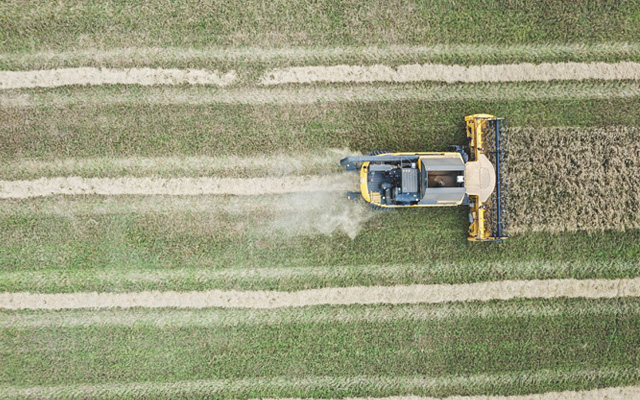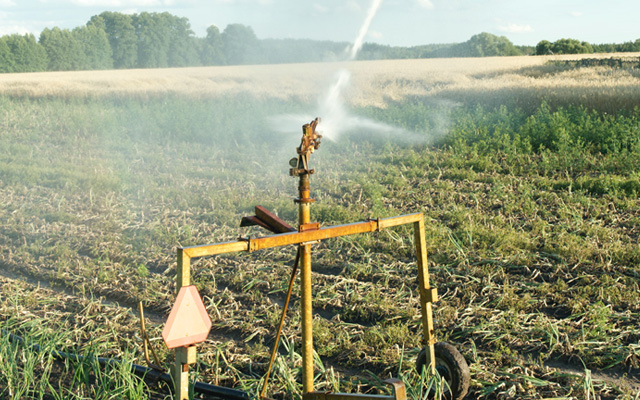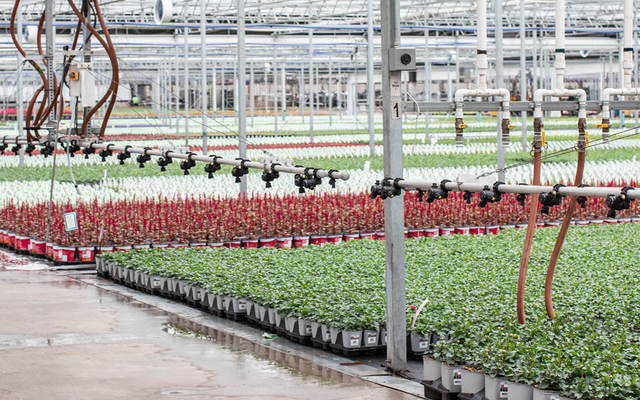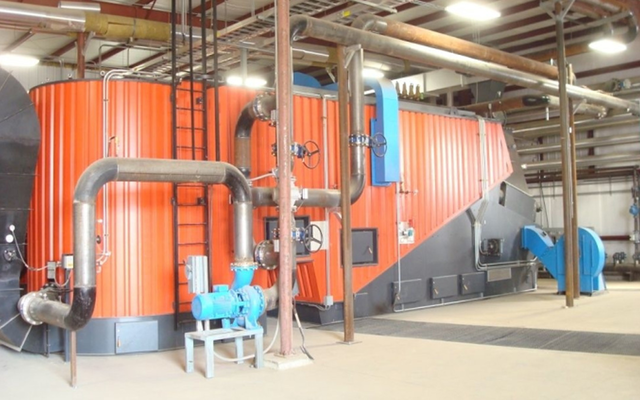The future of farming is predictable and volatile at the same time. The agricultural and farming industry has gone through many changes over recent generations. Small family farms have been taken over and managed by larger ones. The introduction of technology has revamped farming and agricultural practices in substantial ways. Larger corporations and managing systems will likely dictate the operational side of things while also working in partnership with technological advancements. Read on to learn more about the details of these changes and how they relate to the future of farming.
Technological Advancements
It’s no surprise that technology has changed and impacted virtually every industry. Farming is no exception. As technology advances, the pressure for best industry practices to reflect and build on these platforms is immense. If your farm does not follow or adapt technology in at least some of your processes, you likely will struggle to keep up with demand. You may also find yourself losing business to local competitors because of it. Learning the benefits and downsides of technology and adapting your strategy to incorporate these changes is important.
Corporate Management Systems
Gone are the days of smaller family farms. While some will still exist in the future, many will be brought into larger corporate systems. There are some benefits to this. Corporate management entities typically have access to more resources, including operations and funds. Farming has always involved business acumen, but the structure of these larger organizations can place a larger emphasis on strategy and structure.
Environmental Concerns
Environmental and climate concerns are prevalent in 2022 in the United States and on a global level. These issues will continue to play an important role in the future of farming. Changes in how and what gets produced will be a factor for future farmers to consider. Are there ways in which your specific farming practices can align more with environmental concerns if they don’t already? How can you adjust your vision and services to address sustainability efforts moving forward? By contemplating and answering these questions, you will be in a good spot to tackle environmental advocacy efforts head-on.
Water and Food Conservation
Water and food conservation discussions often go hand in hand with environmental and climate topics. Food supply and water quality issues will dominate much of the conversation for farmers wondering what the future looks like for them. The more prepared and equipped you are ahead of time, the more likely you will continue to see success in the years and decades to come. Climate-related conditions like summer droughts can affect the amount and quality of your water supply, for example. It’s important to have a plan in place targeting these potential issues, preferably using technology in some way. Farming practices focus heavily on resource distribution, which will likely increase alongside the demand for food and other commodities.
The Future of Farming
The future of farming will look different than it traditionally has. However, the benefits of technology and larger corporate resources provide opportunities for growth and sustainability in ways that did not exist even a generation ago.







